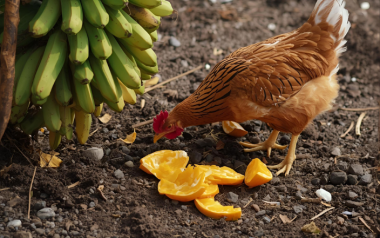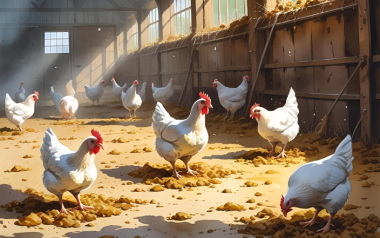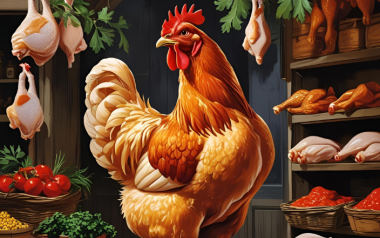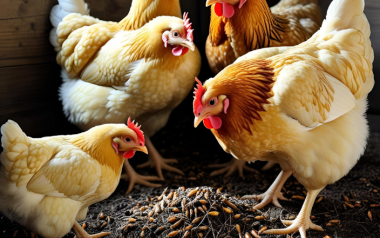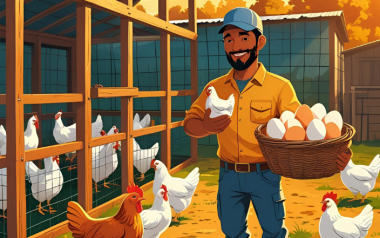
06 Jun 2025
Singapore’s multi-pronged approach towards food security
Singapore imports more than 90% of its food supply. This leaves the country vulnerable to supply chain disruptions in an increasingly volatile and challenging operating environment.
The Singapore Food Agency (SFA) has identified main thrusts in their multi-pronged approach towards food security.
The thrusts include diversification, local production and food safety.
Diversification
Singapore imports more than 90% of its food supply. This leaves the country vulnerable to supply chain disruptions in an increasingly volatile and challenging operating environment, said SFA.
Diversification remains SFA’s core strategy to mitigate that. There are currently 187 countries/regions in Singapore’s list of food supply sources.
In 2024, SFA approved Portugal as a new source of pork, Brunei and Poland were approved as new sources for beef, and Turkey was approved as a new source for poultry.

Accreditation at the source is required for the import of food items that carry higher food safety risks and animal diseases that could impact local public health, such food items include livestock, meat and eggs.
Continue after advertising.
SFA said this ensures the imported foods meet Singapore’s food safety standards and comply with existing food regulations.
A total of 42 countries/regions are approved for these types of food exports to Singapore in 2024.
Local production
Another part of the multi-pronged approach is local production, which serves as a buffer in mitigating overseas food supply disruptions.
The local agri-food sector primarily comprises farms producing eggs, vegetables, and seafood, which contributed around 34%, 3%, and 6%, of Singapore’s total food consumption respectively last year.
The number of farms has decreased from 2023. There was a total of 153 land-based farms in 2024, down from 156 land-based farms in 2023, and 72 sea-based farms in 2024, down from 98 in 2023.

SFA said that while the number of farms has decreased compared to 2023, the local farms are adopting technologies and shifting from traditional open farms towards high-productivity and controlled environment models.
Despite having fewer farms, productivity across all three categories of farms went up.
For instance, productivity of egg farms improved from 14.8 million pieces/ha/year in 2023 to 16.7 million pieces/ha/year in 2024.
Food safety
The number of major gastroenteritis incidents because of foodborne causes remained stable in 2024.
Pending the conclusion of one case still under investigation, the number of foodborne illness cases per 100,000 population was 22.8 last year.
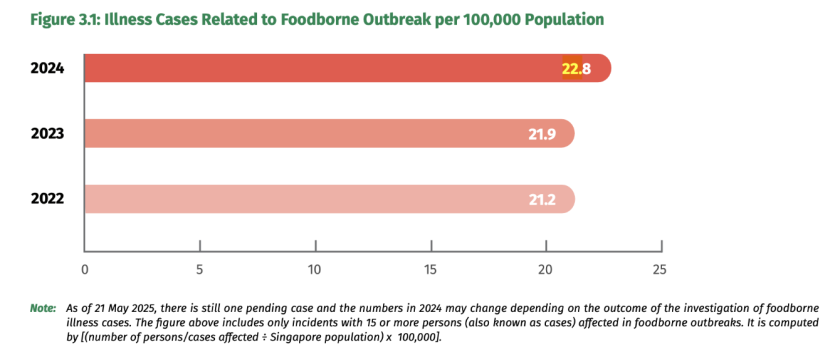
More than half of the foodborne illness cases involved catered food.
SFA said they stepped up efforts to carry out further targeted checks on food establishments supplying catered food.
Source of images are from SFA.







